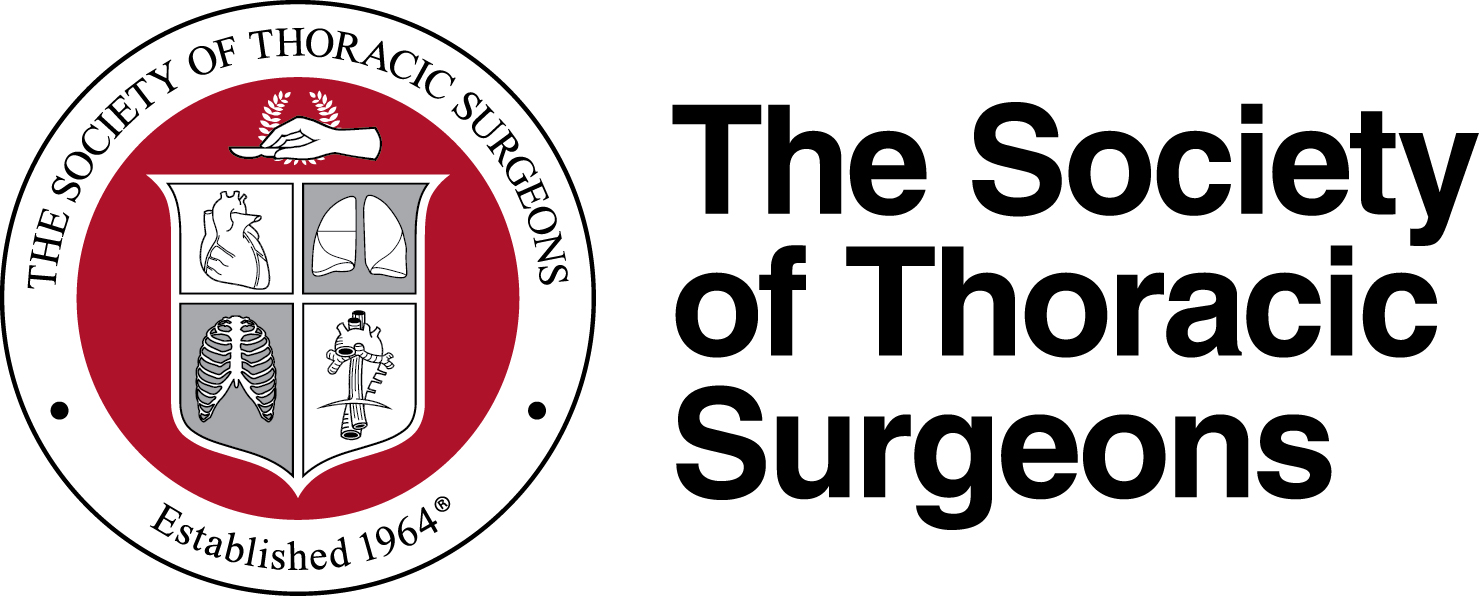Newswise — SAN ANTONIO (January 29, 2024). — In patients who undergo pulmonary resection for lung cancer, a major potential postoperative complication is venous thromboembolism (VTE)—a condition that develops when a blood clot forms in a vein—which can lead to part of the clot breaking off and lodging in the lung, resulting in a pulmonary embolism (PE).
New research presented at The Society of Thoracic Surgeons’ Annual Meeting found that patients with postoperative PE had increased 30-day mortality, reintubation, and readmission rates. The risk factors for postoperative embolism included Black race, interstitial fibrosis, advanced-stage disease requiring bilobectomy or pneumonectomy, and increased operative duration.
“Because the predominating risk factors for postoperative VTE identified in this analysis are non-modifiable, and because VTE-associated mortality is increased, enhanced awareness and targeted perioperative prophylactic measures should be considered in these high-risk cohorts,” said the study’s lead author, Andrea L. Axtell, MD, MPH, an assistant professor of surgery at the University of Wisconsin School of Medicine and Public Health.
Dr. Axtell’s team analyzed information from STS’s General Thoracic Surgery Database (GTSD), a powerful resource that contains more than 700,000 procedure records and has more than 1,000 participating surgeons. They looked at anonymous results for 57,531 adult patients who underwent pulmonary resection—removal of all or part of a lung—between January 2009 and June 2021.
Of these patients, 758 developed blood clots that moved to the lungs after surgery. “Patients who developed PE were more likely to be Black—12% versus 7% of patients of other races,” the authors observed. Vulnerable patients were also more likely to have interstitial fibrosis, a condition involving scarring and inflammation of the lung. In addition, those who had more advanced disease, and those who underwent bilobectomy (removal of two lung lobes) or pneumonectomy (removal of a whole lung), were more likely to develop PE.
In this contemporary analysis of the GTSD, the research team identified a 2.5% occurrence of postoperative VTE and a 1.3% occurrence of postoperative PE in patients undergoing a first-time pulmonary resection for lung cancer.
“Trends over time demonstrate the incidence of postoperative VTE to be largely unchanged over the 12-year study period; however, the associated mortality rate slowly decreased from 20% in 2009 to 8% in 2018,” said Dr. Axtell.
The researchers found no difference in PE risk based on how well the lungs functioned before surgery, cancer cell type (histology), or whether or not the patients received chemotherapy before surgery.
“Black race has previously been identified as a predisposing factor for VTE and was confirmed in our analysis,” Dr. Axtell said, noting that a prior analysis by the Centers for Disease Control and Prevention found that Black Americans had a 40% higher incidence of VTE overall compared with white Americans, and a 2.8-fold odds increase of VTE in patients with lung cancer specifically.
She further explained, “While this difference is likely multi-factorial, previous investigations have suggested genetic variability, socioeconomic factors, and health disparities in access to high-volume, subspecialized care. By increasing awareness of the increased risk for VTE in Black patients, the team hopes to encourage more focused preventative measures in these patients.”
Extra steps for patients at increased risk for embolism after lung cancer surgery may include additional imaging, such as ultrasound of the legs, where blood clots may form or extended courses of blood thinning medications to prevent the occurrence of clot formation.
# # #
Founded in 1964, The Society of Thoracic Surgeons is a not-for-profit organization representing more than 7,700 cardiothoracic surgeons, researchers, and allied healthcare professionals worldwide who are dedicated to ensuring the best possible outcomes for surgeries of the heart, lung, and esophagus, as well as other surgical procedures within the chest. The Society’s mission is to enhance the ability of cardiothoracic surgeons to provide the highest quality patient care through education, research, and advocacy.
MEDIA CONTACT
Register for reporter access to contact detailsCITATIONS
The Society of Thoracic Surgeons’ Annual Meeting
